 ‘‘Thank you’ is one of the three key phrases – the others are ‘may I’ and ‘I am sorry’ – that should, in the view of Pope Francis, guide the difficult art of life as a couple. During a meeting for people engaged to be married, the Supreme Pontiff, with his typical simplicity of self-expression, highlighted some aspects connected with the subject of saying thank you and gratitude to which attention should be paid’. It is interesting that this observation was made by two authors in a book of psychology in which they emphasised the importance of gratitude. This means that the words of the Pope are simple but express a profound psychological wisdom. They call attention to the importance of respect, of forgiveness and of gratitude – values that psychology, as well, is rediscovering.
‘‘Thank you’ is one of the three key phrases – the others are ‘may I’ and ‘I am sorry’ – that should, in the view of Pope Francis, guide the difficult art of life as a couple. During a meeting for people engaged to be married, the Supreme Pontiff, with his typical simplicity of self-expression, highlighted some aspects connected with the subject of saying thank you and gratitude to which attention should be paid’. It is interesting that this observation was made by two authors in a book of psychology in which they emphasised the importance of gratitude. This means that the words of the Pope are simple but express a profound psychological wisdom. They call attention to the importance of respect, of forgiveness and of gratitude – values that psychology, as well, is rediscovering.
May I, I am sorry, thank you are three phrases that we often use without thinking about them. But they are important for the ‘health’ of our social relationships and for our affective relationships ‘to last’. Pope Francis has often dwelt on these subjects. He did this in a speech to people engaged to be married when answering a specific question that they posed to him: “Your Holiness, every day life together is beautiful, it gives joy, and support. But it is a challenge to face. We believe that we need to learn how to love one another. There is a “style” of life as a couple, a spirituality of daily life that we want to take on. Can you help us in this Holy Father?”
The answer of Pope Francis observed that living together is an art, a patient journey that is beautiful and fascinating and does not finish when the two members of the couple have won each other’s love. Indeed, it is a journey every day that has three principle rules that can be summed up in the words: ‘may I, that is, ‘can I’… thank you and I’m sorry’. The explanation for this then followed.
“Can I, may I?” This is the polite request to enter the life of another with respect and care. To ask permission means to know how to enter with courtesy into the lives of others and to ask them their opinion about how to manage the situations and relationships that concern them. ‘Sometimes, however, manners are used in a heavy way, like hiking boots! True love does not impose itself harshly and aggressively’. And the Pope quoted the Fioretti of St. Francis in which we find the fine expression: ‘“For know, dear brother, that courtesy is one of the attributes of God, for courtesy is the sister of charity, it extinguisheth hatred and kindleth love”. And today in our families, in our world, which is frequently violent and arrogant, there is so much need for courtesy’.
‘“Thank you”. It seems so easy to say these words, but we know that it is not. But it is important! We teach it to children, but then we ourselves forget it! Gratitude is an important sentiment!’ And the Pope then recalled what an old woman had once said to him in Buenos Aires: “gratitude is a flower that grows on a noble ground”. His thoughts then went to the Gospel of Luke and its account of how Jesus healed ten lepers but only one returned to thank him. The Lord asked where the other nine were. Certainly he did not heal the sick expecting to be thanked. But perhaps he would have like to have heard those words. We also like being thanked. But the question is: do we know how to say thank you? It is a fine thing to thank each other, for very many things. And this helps us to go forward in a good way together in life.
‘I’m sorry’. In life we err frequently, we all make mistakes and perhaps every day. ‘The Bible says that the just man sins seven times a day’. And if this applies to the just man…In general, each of us is ready to accuse the other and to justify ourselves. This is what Adam and Eve did in the Garden of Eden: he accused her and she accused the serpent. This is something we do in order not to admit our mistakes, not to ask for forgiveness. But it is worthwhile saying we are sorry, for behaviour that may seem to us not very important but which instead runs the risk of wounding the other person. A good family grows like that as well. The Pope strongly advises us: ‘don’t let a day end without asking forgiveness, without peace returning to our home, to our family’. It is normal for a husband and wife to quarrel. But it should be normal to make peace, even only with a small gesture or simple words saying sorry. And this is what some elderly couples say to someone when they are asked the simple question: “But how did you manage to stay together for all these years?” And they say candidly: “We have forgiven each other so many things!” Psychologists, as well, affirm that mutual forgiveness is important for the relationship of marriage to last over time.
In appealing to the value of respect, gratitude and forgiveness – through these three phrases – Pope Francis demonstrates that psychological wisdom which specialists in the field also acknowledge that he has.
Luciano Sandrin



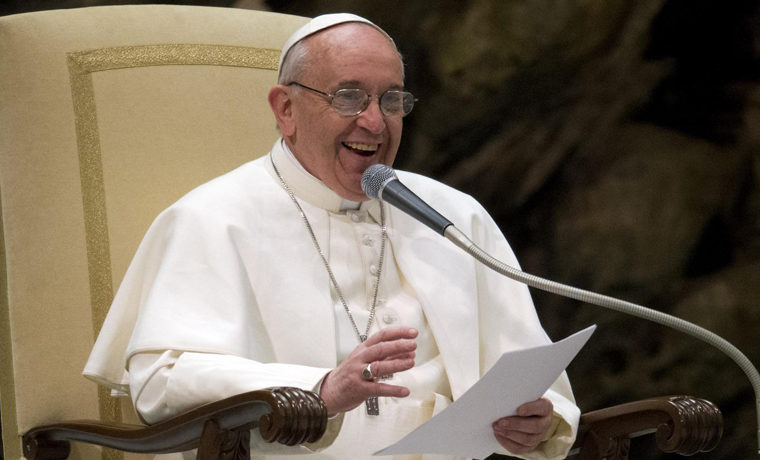






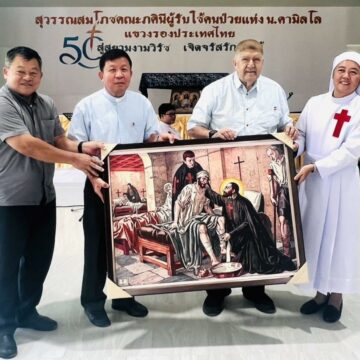
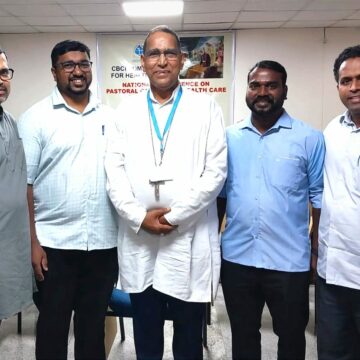
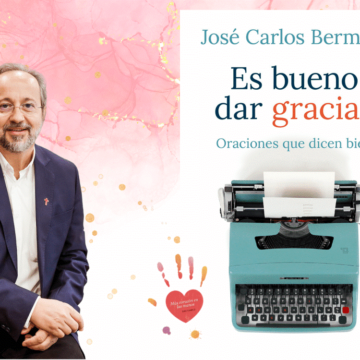

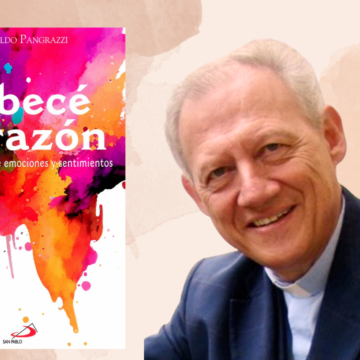
Camillians on Facebook
Camillians on Twitter
Camillians on Instagram